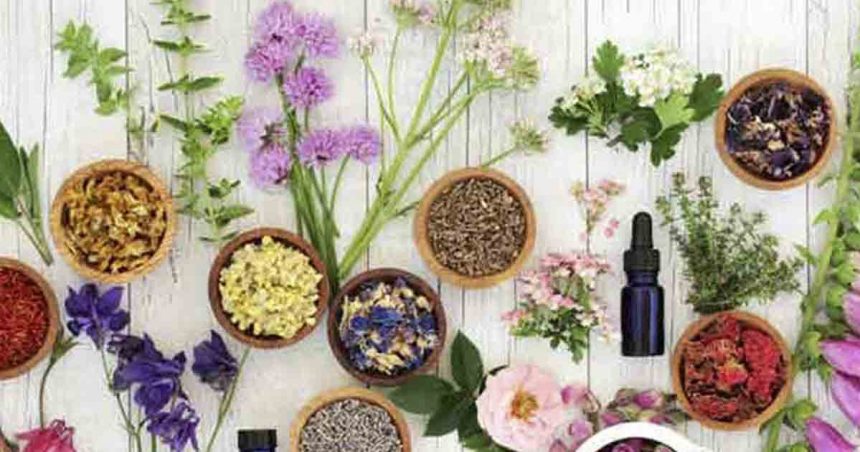Throughout history, humans have relied on the power of medicinal plants for various ailments and discomforts. While modern medicine has advanced significantly, medicinal plants still hold a valuable place in our health and wellness routines.
Plants have been used for healing purposes since ancient times, and many traditional remedies are still applicable today. Some plants have even been incorporated into modern pharmaceuticals. Knowing how to use medicinal plants can help reduce reliance on medications like painkillers. However, it is crucial to consult with a healthcare professional before using any herbal remedies, especially if you are already taking medications.
1. Echinacea: Echinacea, a member of the daisy family, is primarily used to shorten the duration of colds and flu. It is believed to have pain-relieving, anti-inflammatory, antiviral, and antioxidant effects.
2. Saint John’s Wort: This yellow flowering plant is commonly used as an herbal remedy for depression. It has shown positive effects on mild to moderate depression, but caution is advised, especially if you are already taking antidepressants.
3. Turmeric: Turmeric, a herbaceous plant native to South Asia, is a powerful antioxidant, anti-inflammatory, and antibacterial agent. It has benefits for various conditions like skin issues, arthritis, and respiratory infections.
4. Ginger: Known for its anti-nausea and anti-inflammatory properties, ginger is effective in reducing pain and inflammation, especially in arthritis patients. It can be consumed fresh or in various forms like teas.
5. Garlic: Garlic, with its antimicrobial, anti-inflammatory, and anti-cancer properties, has been shown to benefit those with high blood pressure and reduce the risk of heart attack and stroke. It can be consumed cooked or raw, and in supplement form.
6. Gingko: Gingko, used for bronchitis, asthma, and chronic fatigue, has potential brain-boosting properties. It is available in capsule, tablet, or liquid extract forms.
7. Ginseng: Ginseng, known for its antioxidant, anti-inflammatory, and antiviral properties, supports the immune system and may improve diabetes treatments. It is available in various forms like fresh, capsules, or teas.
8. Ashwagandha: Ashwagandha, an evergreen shrub, is used to increase energy, decrease stress, anxiety, and inflammation. It can also benefit male sexual health.
9. Chamomile: Chamomile, popular for its anti-anxiety effects, can help promote relaxation and relieve various symptoms. It is best taken as a tea.
10. Lavender: Lavender, known for its soothing scent, has antioxidant, antidepressant, and anti-inflammatory effects. It can help with arthritis, gastrointestinal issues, and premenstrual symptoms when taken in tea form.
When using medicinal plants, it is essential to monitor your body’s response and consult with a healthcare professional for guidance and potential interactions with medications.






